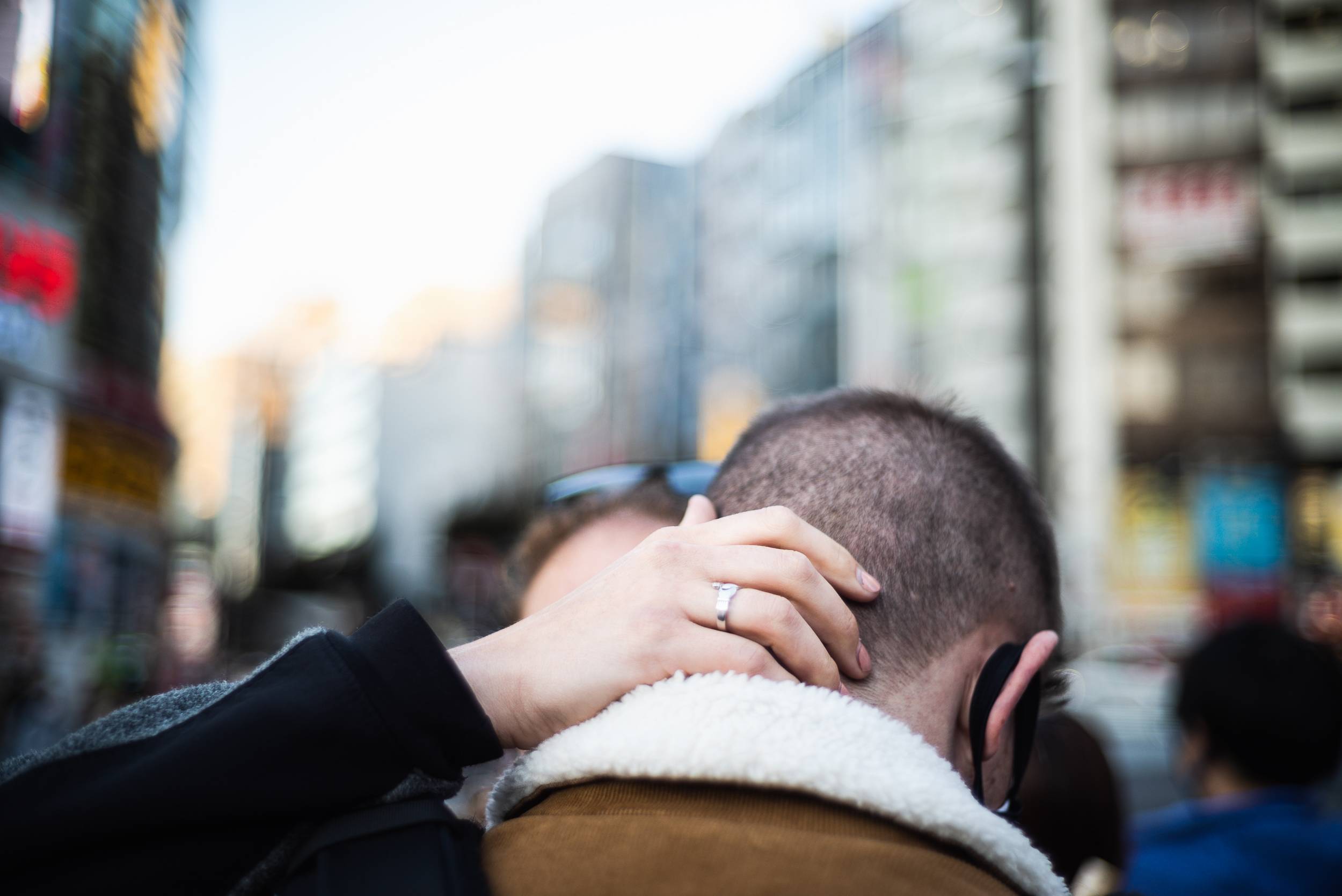After the Great East Japan Earthquake and tsunami of 2011, my family and I sat huddled under blankets during rolling blackouts, worrying whether a cloud of radioactive waste from the Fukushima No. 1 nuclear power plant was heading our way. Our family in the United States were also worried and urged us to come home.
What our overseas family didn’t understand is that we were home. We worked hard to establish lives and careers in Japan. We cherish the bonds we’ve formed with our expat and Japanese friends and colleagues as much as those in our native countries. Our lives are firmly planted in our Japanese home, and the idea of uprooting everything we had built was inconceivable.
This summer, the inconceivable became reality. My husband and I decided to leave Japan after 23 years. During our time here, we’d said goodbye to many friends. Some had lived here for just a few years and were returning for work. As one friend said after working as an ALT, “I didn’t see a satisfying career path as a language teacher for kids.”


















With your current subscription plan you can comment on stories. However, before writing your first comment, please create a display name in the Profile section of your subscriber account page.